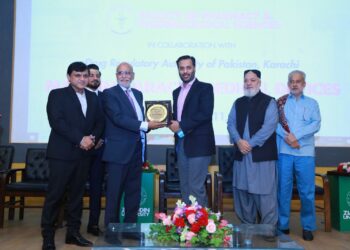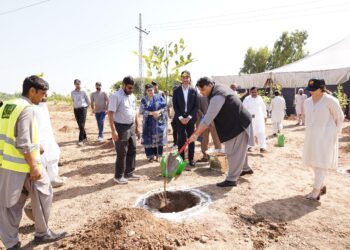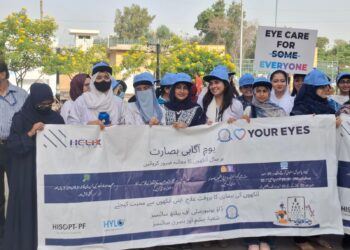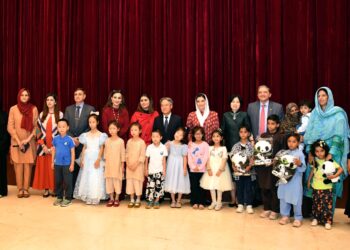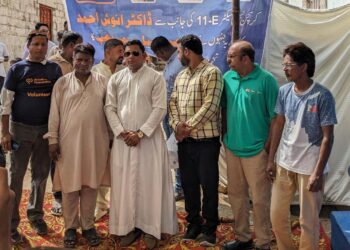A 278% increase in occupational therapists in the
Asia-Pacific region highlights significant progress
yet global accessibility remains a challenge
Staff Reporter
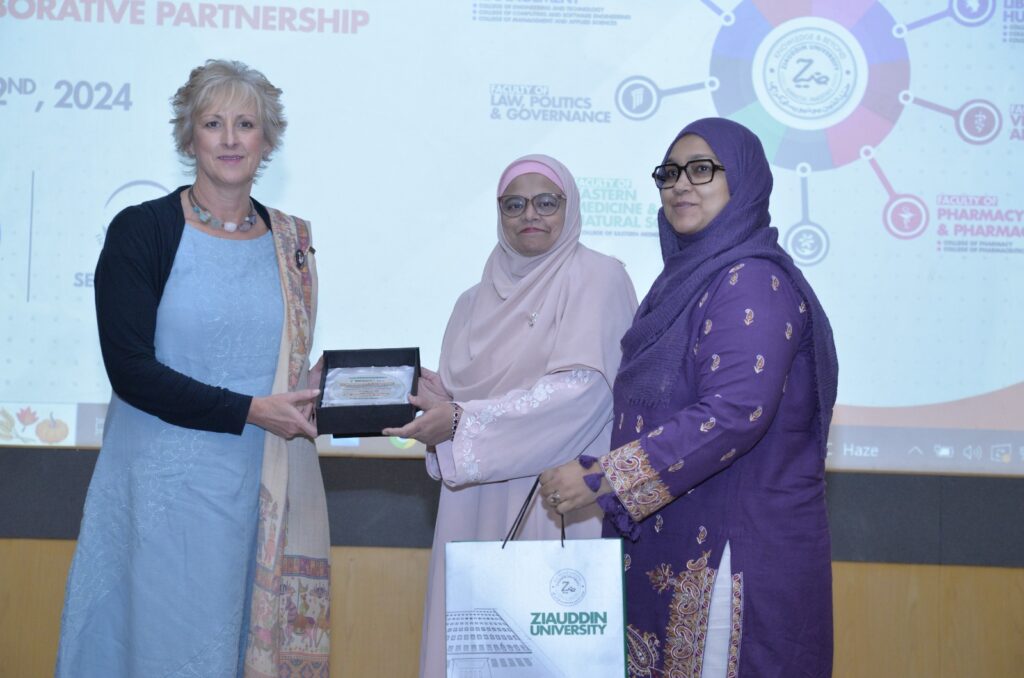
Karachi: A 278% increase in occupational therapists in the Asia-Pacific region highlights significant progress, yet global accessibility remains a challenge, said Samantha Shann, President of the World Federation of Occupational Therapists (WFOT). She shared these insights during her keynote speech at the 1st International and 2nd National “Pakistan Occupational Therapy Conference,” held at Ziauddin University.
Promoting Global Collaboration in Occupational Therapy
The conference served as a platform to foster collaboration among occupational therapy practitioners, researchers, and educators. Discussions focused on best practices, innovative approaches, and interdisciplinary partnerships aimed at improving patient care and service delivery. Samantha Shann emphasized the importance of collaborative leadership, stating, “Occupational therapy improves patients’ quality of life and prevents health deterioration. Global cooperation is crucial to making these services more accessible and impactful worldwide.”
Resilience in Pakistan’s Occupational Therapy Journey
Shahida Zakir, President of the Pakistan Occupational Therapy Association (POTA), highlighted the perseverance behind organizing this landmark event. She said, “This conference symbolizes our journey from scarcity to achievement, driven by hope and resilience.”
Enhancing Education and Overcoming Challenges
Prof. Dr. Sumaira Imran Farooqi, Dean of the Faculty of Allied Health Sciences at Ziauddin University, underscored the need to improve occupational therapy curricula. She also addressed the challenge of balancing comprehensive education within the constraints of a four-year degree program. Hidayatullah Kasi, Deputy Director of Curriculum at HEC Pakistan, praised Pakistan’s higher education achievements, noting a significant rise in universities, student enrollment, and research output since 2002.
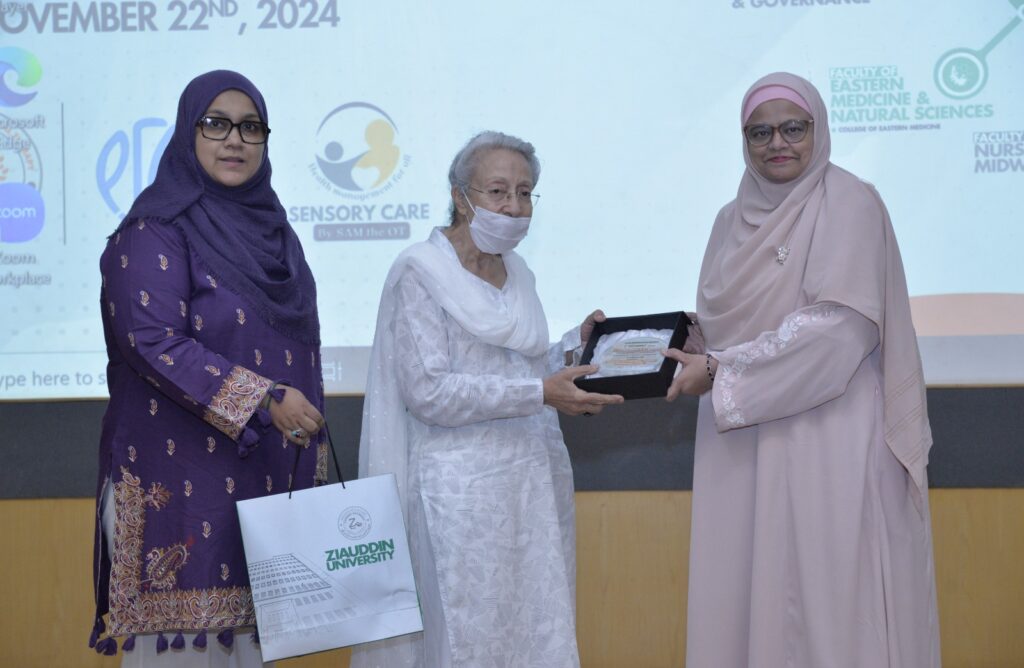
Inclusive Mindset: A Patient-First Approach
Dr. Hassan Izzeddin Sarsak, Associate Professor at Batterjee Medical College, Saudi Arabia, advocated for a patient-first approach. He remarked, “Over 1 billion people globally live with disabilities. Rather than focusing on their limitations, we must recognize their individuality, strengths, and unique contributions.”
Building Collaboration for Advocacy
The conference theme, “Building Collaboration,” was highlighted by Nighat Tahir, General Secretary of POTA. She stated that this focus enhances advocacy for occupational therapy and contributes to community health and well-being. Neelum Zehra, Vice President of POTA, welcomed international experts and speakers, expressing pride in hosting this significant event. She said, “This conference reflects our commitment to advancing occupational therapy through global partnerships.”
Academic Insights and Poster Presentations
The conference featured abstract presentations on topics like mental health’s role in occupational therapy, oral pediatrics, and interprofessional collaboration. Poster presentations added depth to the event’s academic engagement.
Event Partners and Contributors
Organized in collaboration with POTA, WFOT, Sensory Care by SAM the OT, and the Pakistan Society for the Rehabilitation of the Disabled (PSRD), the conference aimed to advance occupational therapy practices and advocacy on both national and international levels.

